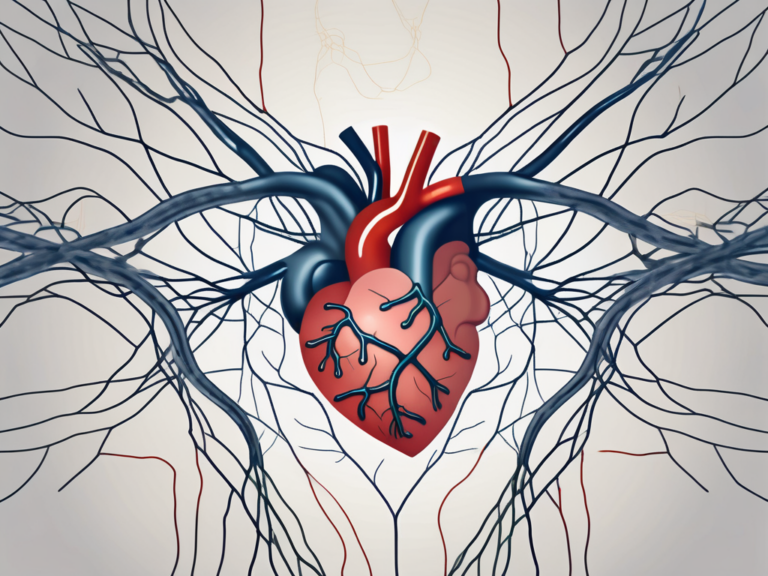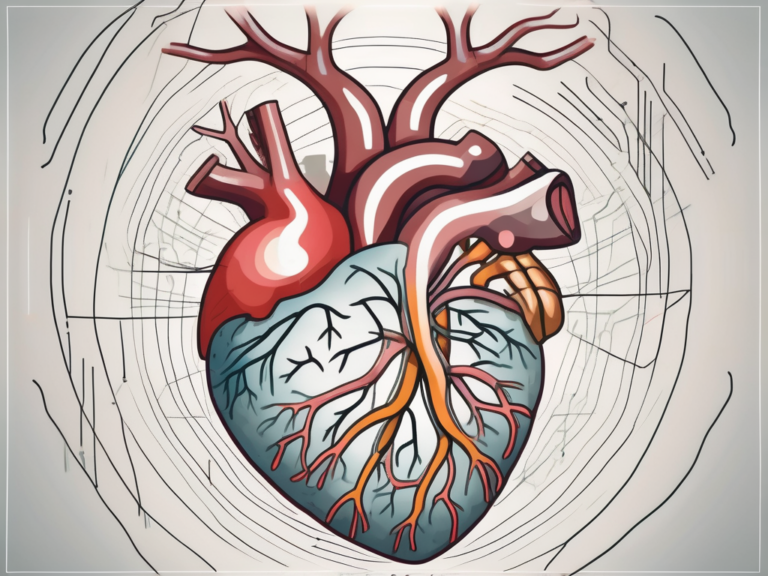Are You Experiencing a Heart Attack? Take This Female Quiz to Find Out
Do you ever wonder if you’re experiencing a heart attack? It’s a valid concern, especially for women. Heart attacks can present differently in females, and it’s essential to be aware of the unique symptoms that women may experience. In this article, we’ll explore what you need to know about heart attacks in women, the importance of early detection, and how you can take a female heart attack quiz to assess your risks. Let’s dive right in!
Understanding Heart Attacks in Women
Heart attacks occur when blood flow to the heart is blocked, usually by a blood clot. While heart attacks are commonly associated with men, they affect women as well. However, symptoms can be different for females, leading to potential confusion and delayed medical attention. Understanding these unique symptoms can be life-saving.
The Unique Symptoms of Heart Attacks in Women
When it comes to heart attacks, women may experience some atypical symptoms that are often overlooked. While chest pain is often associated with heart attacks, some women may have different warning signs. These can include:
- Shortness of breath
- Nausea or vomiting
- Extreme fatigue
- Pain in the jaw, neck, back, or arm
- Dizziness or lightheadedness
It’s crucial to be aware of these symptoms and take them seriously. If you experience any of these, it’s better to be safe than sorry and seek medical attention immediately.
Why Women Experience Heart Attacks Differently
So, why do women experience heart attacks differently from men? The answer lies in the physiological and hormonal differences between the sexes. Estrogen, the hormone predominantly found in women, plays a role in maintaining the health and function of blood vessels. When estrogen levels decline during menopause, women become more susceptible to heart disease.
Additionally, women tend to have smaller blood vessels compared to men. This anatomical difference can contribute to the unique symptoms experienced by women during a heart attack. The smaller blood vessels may become blocked more easily, leading to reduced blood flow to the heart and subsequent symptoms.
Furthermore, research suggests that women may have different types of plaque buildup in their arteries compared to men. While men often develop plaque that completely blocks the artery, women may experience plaque that is more diffuse and spread out. This can make it harder to detect and diagnose heart disease in women, as the blockages may not be as severe.
It is important for both women and healthcare professionals to recognize these differences and be vigilant in identifying and treating heart attacks in women. By raising awareness and understanding the unique symptoms, we can ensure that women receive timely and appropriate medical care, potentially saving lives.
The Importance of Early Detection
Early detection is crucial when it comes to heart attacks. The sooner you receive medical attention, the better your chances of survival and recovery. Recognizing the symptoms and understanding the risk factors can make all the difference in saving lives.
How Early Detection Can Save Lives
When a heart attack occurs, every minute matters. Quick action can prevent further damage to the heart muscle and improve the chances of a successful treatment. By recognizing the symptoms and seeking help promptly, you not only save your own life but also give doctors the opportunity to provide life-saving interventions.
The Role of Regular Check-ups in Prevention
Prevention is always better than cure. Regular check-ups can help identify risk factors for heart disease and assess your overall cardiovascular health. By monitoring your blood pressure, cholesterol levels, and other vital parameters, your healthcare provider can help you make necessary lifestyle changes, prescribe medications if needed, and reduce the chances of experiencing a heart attack.
The Female Heart Attack Quiz
Intrigued? Now it’s time to take the female heart attack quiz! This quiz will assess your knowledge about heart attacks in women, evaluate your risk factors, and provide preventive tips based on your results. So, let’s delve into what the quiz covers and how you can interpret your quiz results.
What the Quiz Covers
The quiz covers various aspects of heart attacks in women, including symptoms, risk factors, and prevention strategies. It aims to educate and empower you to take control of your heart health.
How to Interpret Your Quiz Results
Once you complete the quiz, you’ll receive personalized results that outline your risk factors and steps you can take to reduce the likelihood of experiencing a heart attack. Remember, these results are not a medical diagnosis but rather an educational tool to guide your self-care and further discussions with healthcare professionals.
Next Steps After the Quiz
Now that you’ve taken the quiz and interpreted your results, what should you do next?
When to Seek Medical Help
If your quiz results indicate a high risk of experiencing a heart attack, it’s crucial to seek immediate medical help. Waiting could have dire consequences. Don’t hesitate to call emergency services or go to the nearest hospital. Remember that time is of the essence when it comes to heart attacks.
Lifestyle Changes for Heart Health
Regardless of your quiz results, adopting heart-healthy lifestyle habits is always beneficial. Focus on maintaining a balanced diet, engaging in regular physical activity, managing stress, and avoiding smoking. These simple yet impactful changes can significantly reduce your risk of heart disease and optimize your overall health.
Frequently Asked Questions about Heart Attacks in Women
Still have questions? Let’s address some common concerns and misconceptions about heart attacks in women.
Common Misconceptions about Heart Attacks in Women
One prevalent misconception is that heart attacks only happen to older men. In reality, heart disease can impact women of all ages, including those in their 30s and 40s. It’s essential to be aware of this fact and take proactive steps to protect your heart health.
Addressing Your Heart Attack Concerns
If you’re concerned about your heart health or have experienced symptoms that worry you, don’t hesitate to reach out to your healthcare provider. They can assess your situation, provide guidance, and determine if further investigations are necessary. Your well-being is important, and seeking professional help is always encouraged.
Conclusion
Heart attacks don’t discriminate based on gender, but they can present differently in women. By understanding the unique symptoms, importance of early detection, and taking the female heart attack quiz, you’re empowering yourself to prioritize your heart health. Remember, knowledge is power, and taking control of your well-being is a decision that can save lives. So, take the quiz, educate yourself, and make heart-healthy choices every day!






